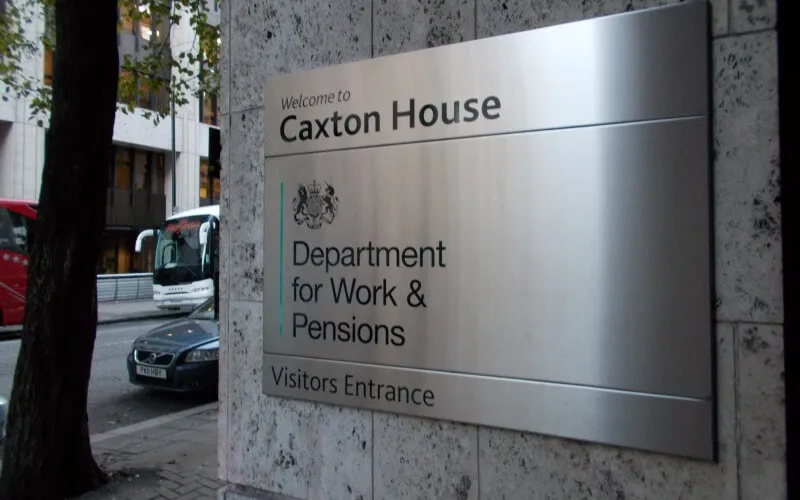The information commissioner has ruled against efforts by the Department for Work and Pensions (DWP) to brand Disability News Service “vexatious” for trying to find out how many disabled people are expected to lose out in the move to universal credit.
Disability News Service (DNS) has been trying for nearly 30 months to use the Freedom of Information Act to secure updated figures showing the true impact that universal credit (UC) will have on disabled people claiming benefits.
But DWP eventually accused DNS of issuing “vexatious” and repeated requests as a justification for refusing to release a document that could contain those figures.
Now the Information Commissioner’s Office has ruled that the latest DNS request, from January 2021, was “neither vexatious nor repeated”.
It stated: “The request clearly has value and purpose as it seeks information that would increase public understanding of whether a move to Universal Credit is likely to benefit disabled households on legacy benefits.”
It has ordered DWP to produce a fresh response to the DNS request.
DWP has issued contradictory statements and has blocked attempts to force it to release “internal analysis” which it has admitted carrying out and which it used to estimate how many disabled people would gain from the move to universal credit.
In its latest attempt to secure the information, DNS asked only for a copy of the internal analysis.
In its response, DWP described how the analysis was carried out, but failed to include a copy of the document.
When DNS asked the department to review its response, as it had not provided a copy of the analysis, it responded last year by branding the request “vexatious”.
DNS first began in 2019 trying to secure figures from DWP that would confirm that hundreds of thousands of disabled people would lose out financially by the time the rollout of universal credit was complete.
Ministers have repeatedly claimed that around one million disabled households will receive a higher entitlement under UC than they would have received under the previous “legacy” benefits system.
But every time they repeat the figure, they fail to say how many disabled households are expected to receive a lower entitlement under UC.
The most recent DWP equality impact assessment, published more than a decade ago, in November 2011, suggested that the number of disabled households gaining financially from UC would be at least matched by the number losing out (with about 800,000 households in each group), with disabled people who are out of work particularly likely to lose out.
But DWP told the Office for Statistics Regulation that the figure of one million households came from later “internal analysis carried out to look at the impacts of a proposed policy change”.
DWP is claiming that this analysis “did not estimate how many people would lose out in the move to Universal Credit”, but only those who would gain.
But despite DWP admitting the existence of this analysis, it has refused to release it.
The information commissioner has now given DWP 35 days to produce a new response to the DNS freedom of information request.
A DWP spokesperson said: “The department is considering the recent decision notice.”
A note from the editor:
Please consider making a voluntary financial contribution to support the work of DNS and allow it to continue producing independent, carefully-researched news stories that focus on the lives and rights of disabled people and their user-led organisations.
Please do not contribute if you cannot afford to do so, and please note that DNS is not a charity. It is run and owned by disabled journalist John Pring and has been from its launch in April 2009.
Thank you for anything you can do to support the work of DNS…

 Government ignores warnings of new DWP deaths, and UN intervention, as MPs pass universal credit cuts bill
Government ignores warnings of new DWP deaths, and UN intervention, as MPs pass universal credit cuts bill Urgent letter from UN to Labour government warns: We think your cuts continue Tory attack on disability rights
Urgent letter from UN to Labour government warns: We think your cuts continue Tory attack on disability rights Race against time to secure DWP deaths evidence before parliament passes new benefit cuts bill
Race against time to secure DWP deaths evidence before parliament passes new benefit cuts bill